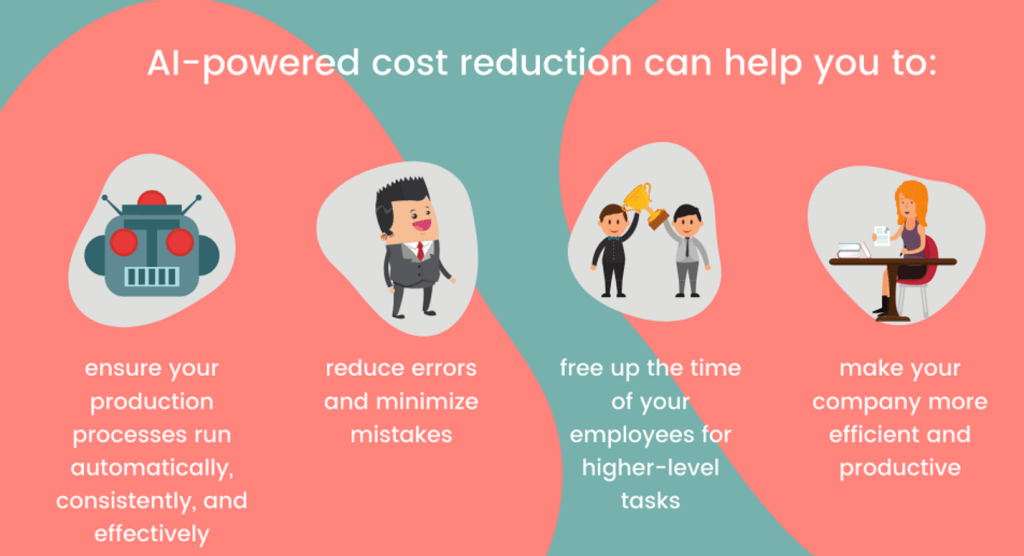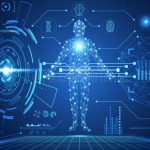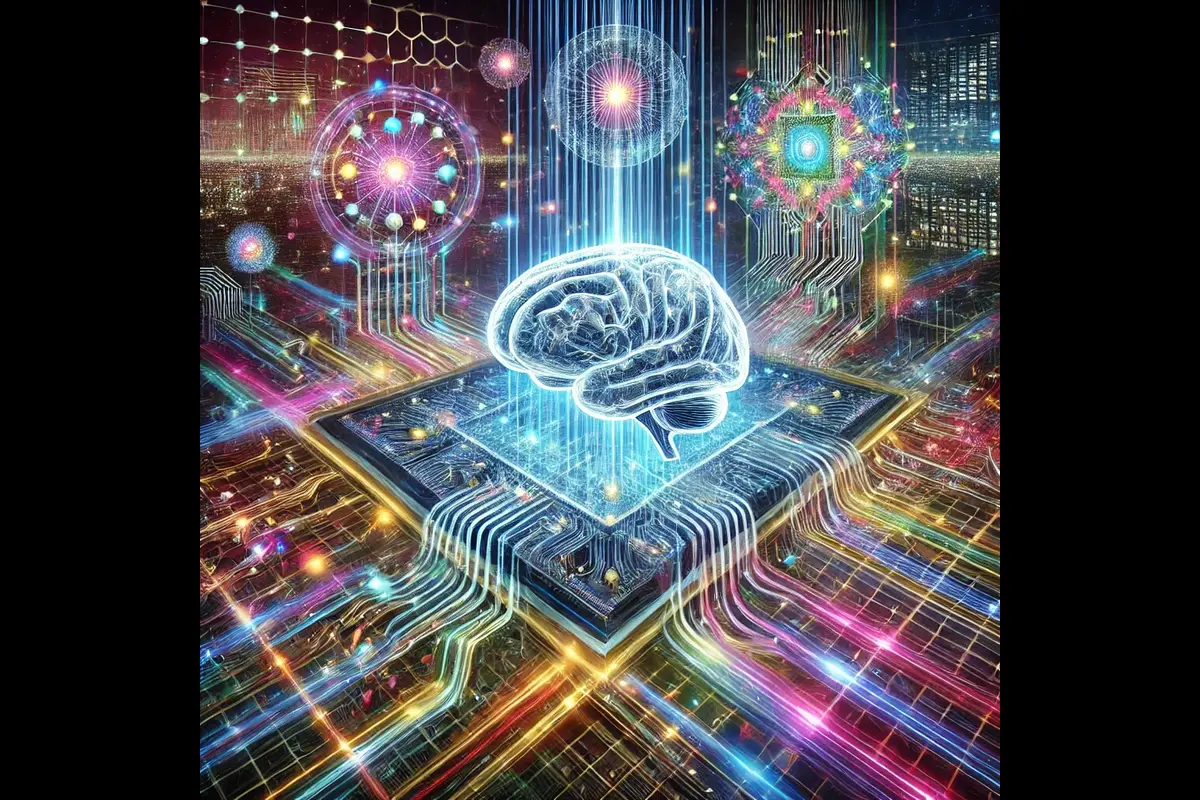The Human Touch vs the Power of AI: Content Writing vs ChatGPT
As the world continues to advance technologically, the use of Artificial Intelligence (AI) has become increasingly prevalent in various fields. One of the areas where AI has been making waves is in the field of content creation, with AI-powered writing tools like ChatGPT gaining popularity.
However, the question remains: can AI ever truly replace the human touch in content writing?
In this blog, I will explore the differences between the human touch and the power of AI in content writing, using ChatGPT as an example.
First let’s talk about the Human Touch.
What is the Human Touch in Content Writing?
The human touch in content writing refers to the unique qualities that humans bring to the table when creating content. These qualities include emotions, personal experiences, and a deep understanding of the nuances of language. Human writers have the ability to inject their writing with personality and a unique voice, making their content more relatable and engaging. Additionally, humans have the capacity for empathy, which allows them to write content that resonates with their audience on a deeper level.
What is ChatGPT?
ChatGPT is an AI-powered writing tool that utilizes a deep learning algorithm to generate human-like responses to a given prompt. The tool was developed by OpenAI and is trained on a vast dataset of text from the internet. The idea behind ChatGPT is to enable users to generate high-quality content quickly and efficiently.
Applications of ChatGPT:
ChatGPT has a wide range of potential applications across industries and sectors. One of its most common applications is in chatbots, where it can be used to generate natural-sounding responses to customer inquiries and support requests. ChatGPT can also be used in virtual assistants, where it can assist users with tasks such as scheduling appointments or making online purchases.
In addition, ChatGPT can be used in educational settings to provide students with personalized feedback and support. It can also be used in healthcare, where it can help diagnose medical conditions based on patient symptoms and medical history.
The Power of AI in Content Writing:
One of the biggest advantages of using AI-powered writing tools like ChatGPT is the speed and efficiency with which they can generate content. With AI, users can generate content in a matter of seconds, which would take human writers hours or even days to produce. Additionally, AI-powered writing tools are not subject to the same limitations as humans, such as fatigue or writer’s block, meaning they can generate content around the clock.
Another advantage of AI-powered writing tools is their ability to analyze large volumes of data and generate insights that humans may miss. For example, AI can analyze patterns in user behavior or search queries to generate content that is highly relevant and targeted to a specific audience.

The Human Touch vs the Power of AI:
While AI-powered writing tools like ChatGPT have their advantages, they cannot replace the human touch in content writing. As mentioned earlier, the human touch includes qualities like emotion, personal experience, and empathy, which are difficult for AI to replicate. Humans also have the ability to interpret and understand the intent behind a given prompt, which allows them to craft content that is tailored to a specific audience.
Additionally, the quality of the content generated by AI-powered writing tools is still not on par with that of human writers. While AI-generated content may be grammatically correct and free of errors, it lacks the depth and nuance that comes with human writing. Human writers have the ability to create content that is engaging, thought-provoking, and memorable, which is difficult for AI to replicate.

Now, the biggest questions and concern, Will AI and ChatGPT Replace Human Content Writers in the Near Future?
For the content writing industry, a major disruption that attracted much discussion started when Open AI unveiled ChatGPT (Generative Pre-trained Transformer) in November 2022, a new algorithm that uses a neural network to have conversational interactions.
The potential for businesses to use AI and chatbot technology to create content is growing with more significant technological developments in the content industry. Clearly, the traditional content writing industry may be disrupted by AI and ChatGPT.
And so, many questions arise about the extent of the disruption by AI writers.
Would this be the end of content writing jobs for human writers?
Should writers look for another profitable skill and reduce their dependence on content writing?
Will AI only suffice as a complementary effort to human writing?
I’ll explore the possibility of AI content writers replacing human content writers in the near future, the benefits and drawbacks of AI writers, and the way forward.
What are AI writers?
AI writers, also known as automated writing software or content generators, are computer programs that use artificial intelligence (AI) algorithms to generate written content. These programs are designed to analyze data, identify patterns and relationships, and generate text that is coherent, informative, and often indistinguishable from human writing.
What are the advantages of AI writers over humans?
AI writers have some benefits that beat the best of writers the world over. These advantages include the following:
- Faster output (literally in minutes), helping you scale your content production
- Unique articles
- Fewer or zero grammatical errors
- Ability to produce content in any niche or industry
- Ability to produce diverse content types
- Can work round the clock (if you pay your subscription fee. Hahaha)
- Ever learning

What are the fears human content writers have about AI?
Many writers have fears that AI will eventually completely replace content writers,
Are these fears real?
Can AI content writers replace humans?
Are we headed in the direction of a new world order where robots and artificial intelligence call the shots?
Although at the moment, AI writers and ChatGPT draw information from the well of knowledge made available by human writers on the internet. But will a time come when the tables will be turned against humans?
My final take on AI content writing tools vs. human writers:
AI writing has come to stay, definitely, but the safe haven for writers lies in their ability to develop strong expertise, voice, and tone in specific areas of marketing and copywriting in their respective industries. Plus, now is the best time to establish yourself before the competition with AI becomes stiffer. while AI-powered writing tools like ChatGPT have their advantages in terms of speed and efficiency, they cannot replace the human touch in content writing. The human touch includes qualities like emotion, personal experience, and empathy, which are difficult for AI to replicate. Additionally, the quality of the content generated by AI-powered writing tools is still not on par with that of human writers. Therefore, a combination of both human writing and AI-powered writing tools may be the best approach to content creation, as it allows for the strengths of both to be utilized.
Add Comment
You must be logged in to post a comment.








